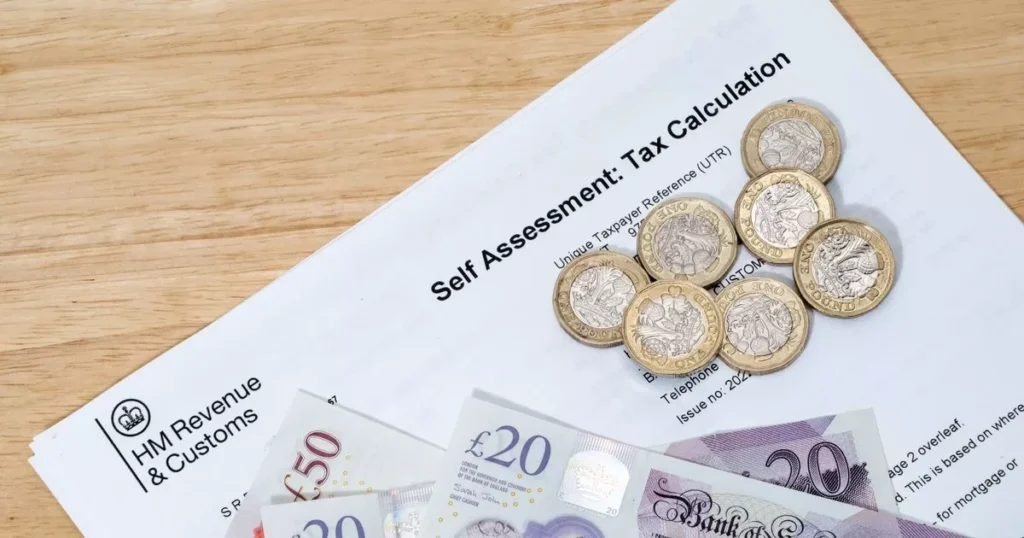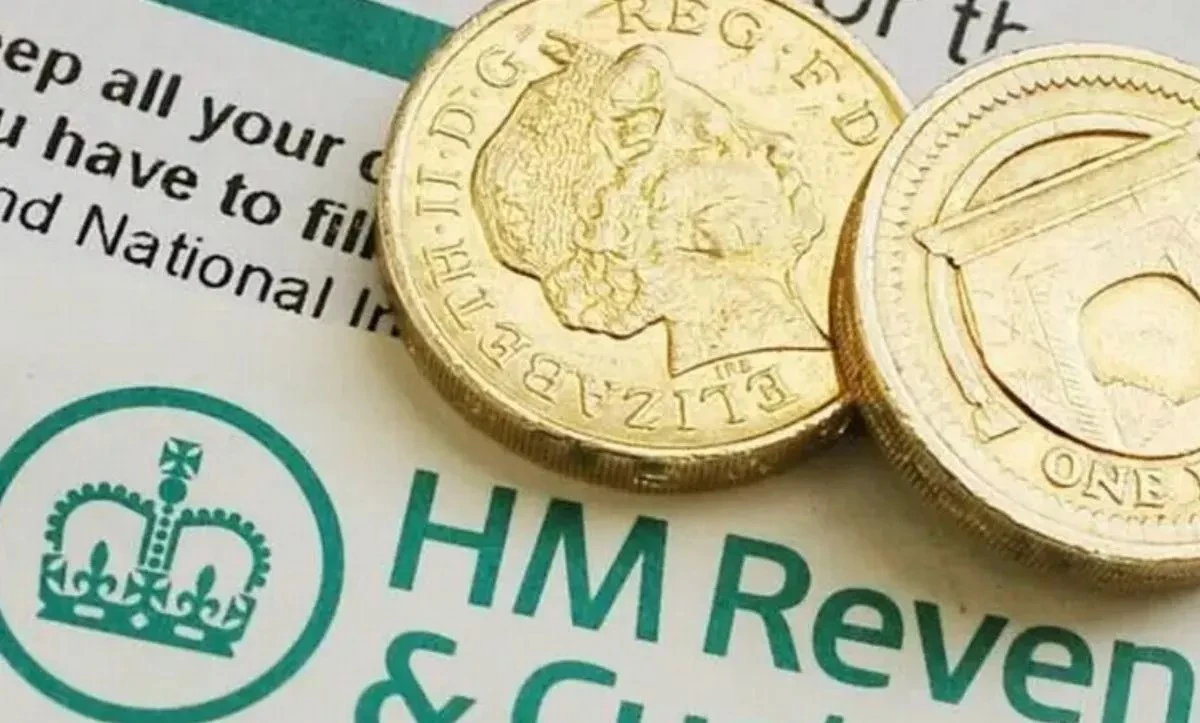A fast-growing petition is calling for the UK income tax personal allowance to rise from £12,570 to £20,000. The campaign, started by Alan David Frost, argues that the increase would give workers more take-home pay and help pensioners by reducing or even removing tax on the State Pension. By the start of September 2025, the petition had gathered over 281,000 signatures well above the 100,000 needed for Parliament to consider it for debate. This huge level of support shows just how strongly people feel about the current tax system and the pressure of rising living costs.
What Is the Personal Allowance?
The personal allowance is the amount of income you can earn before paying income tax. Right now, it is set at £12,570 and has been frozen since 2021. That freeze means wages and pensions have risen, but the allowance has stayed the same so more people are being pulled into paying tax. For pensioners, the issue is especially tough. The full new State Pension is worth just over £11,500 per year, and many also receive a small private pension. This combination often pushes them over the £12,570 allowance, leaving them taxed on what was once considered a modest income.
Why People Want It Raised to £20,000

Supporters of the change believe it would put real money back into people’s pockets. Workers on lower wages would keep more of their pay, and pensioners could receive their State Pension tax-free. It could also help the wider economy. Extra disposable income often leads to more spending in local shops and services. Campaigners argue that this boost would support small businesses and help reduce the number of people relying on benefits. For middle-income earners, savings of around £1,486 a year are possible enough to cover household bills or rent increases.
Why the Government Is Saying No
Despite the strong support, the government has pushed back. In its official response, ministers said raising the allowance to £20,000 would create a massive shortfall in public finances around £40-50 billion every year. That money currently funds essential services such as the NHS, schools, and social care. If the government allowed such a big tax cut, it would either have to borrow more money or raise other taxes like VAT or National Insurance. Officials also warn that extra spending by households could drive up inflation, something the Bank of England is still trying to keep under control.
What Happens Next in Parliament
Because the petition has crossed the 100,000 signature mark, Parliament is now expected to debate the issue. A debate doesn’t guarantee change, but it does keep pressure on MPs to address the problem. Some MPs are already backing the idea, while others argue the country simply cannot afford it right now. Any real decision is likely to be tied to major events such as the Autumn Statement or the Budget in 2026.
Who Would Gain the Most
If the allowance were raised to £20,000, the impact would be wide-ranging. Low-paid workers could see their tax bill disappear entirely. Pensioners would be able to enjoy their State Pension without worrying about tax deductions. Those earning between £20,000 and £40,000 would also benefit, with hundreds of pounds saved each year. But while the personal benefits look clear, the challenge remains how the government would balance the books.
The Difficult Balancing Act
The campaign shows how strongly people feel about being taxed more during a cost-of-living squeeze. But even with public support, the government faces a difficult balancing act. Billions in lost revenue would have to be made up somewhere else. Economists also warn that too much extra cash in people’s pockets at once could push up prices. If that happens, some of the gains from higher allowances could quickly be wiped out by higher costs in shops and services.
What to Expect Going Forward
For now, the personal allowance will stay frozen at £12,570. The government has made clear it will review tax thresholds only during major fiscal updates. But with hundreds of thousands of signatures and growing political pressure, this is not an issue that will disappear. The petition remains open, so support may climb even higher before it closes. Whether or not £20,000 becomes reality, the debate has already highlighted the need for a fairer system that helps workers and pensioners during tough economic times. For many households, the hope is simple: more money in their paycheck and less worry at the end of the month.



